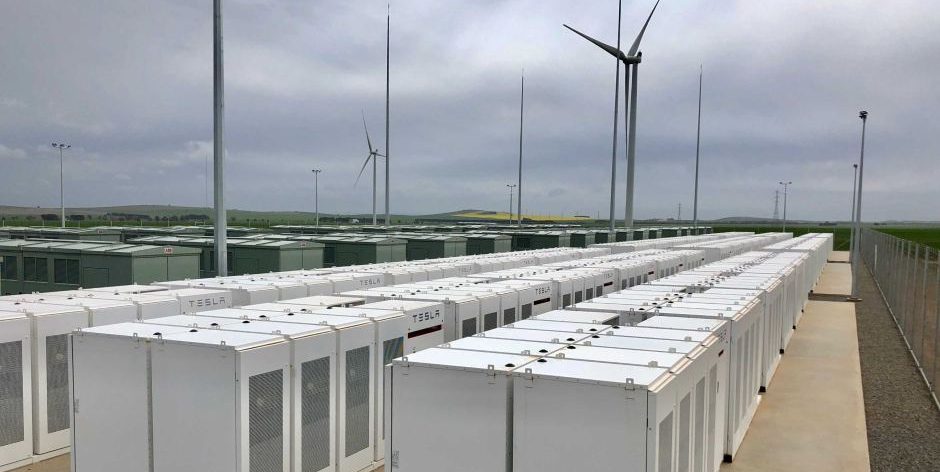Batteries have become an essential component of modern renewable energy systems. The ability to store energy during times of maximum renewables production is key to decarbonising the energy sector.
The lithium-ion (Li-ion) battery is arguably one of the greatest inventions of the past 50 years. These batteries have a wide range of applications, from watches to electric vehicles, aeroplanes and energy storage.
Recent advances in battery technology are poised to change the global energy landscape. Over the past decade, the price of Li-ion battery pack per kWh has reduced by over 80 per cent from about $1200 to $200 and is expected to drop even further in the coming decade.
The spate of technological advancement in the sector is largely driven by:
Government policies that seek to reduce carbon emissions via the adoption of renewable energy and electric vehicles (EVs).
Venture capital investments that leverage emerging technologies and start-ups. Over $1.4 billion was invested in energy storage technology in the first half of 2019.
The need to diversify manufacturing as electric vehicles adoption increases worldwide. More countries are increasingly investing in manufacturing as they seek to compete with China (which currently controls over half of the manufacturing capacity).
These investments are not limited to Li-ion technology but also Lithium Metal, Lithium Sulphur, flow batteries, Zinc-air and Sodium-ion. This range of innovative technologies would lead to a varied range of applications for battery technologies.
These investments and innovations, as well as increased renewable energy and electric vehicles demand, would lead to a rapid scaling of battery technology. This scaling would also result in competition among other battery technologies as new applications for batteries grow.
Impacts on Current Energy Infrastructure
The adoption of cheaper and more durable and diverse battery technologies would have a profound effect on the current energy infrastructure and use.
Proposed gas power plants run the risk of becoming stranded as renewable energy and storage become economically cheaper. With increasing addition of renewable energy to the grid, clean energy portfolios comprising of battery storage would compete with existing gas power plants as due to their better energy management potentials.
The adoption of electric vehicles is expected to rapidly increase especially in smaller sized EV markets. Lower prices and regulations on carbon emissions from fossil fuel vehicles would cause smaller size EVs to become cost-competitive in places like India.
What Needs to be Done
A coordinated approach is needed to develop a healthy battery ecosystem that allows for competition among the different battery technologies. Policymakers, investors, government and industry regulators must come together to ensure that the clean energy transition is seamless.
Policymakers need to envisage different applications and opportunities for Li-ion and other emerging battery technologies. They need to create policies that incentivise the adoption of EVs and grid-tied storage systems.
Investors need to increase their portfolios to accommodate emerging battery technologies other that could potentially unlock new storage applications. Partnership and collaboration across technologies would not only help share information but could also provide new
Regulators need to create rules that allow for innovation across technologies rather than favour one technology. Standards and pathways that accommodate for the integration of different technologies, applications and designs into current energy systems need to be set.
Batteries are crucial to the transitioning to clean energy they provide the path to 100 per cent sustainable electrification.
References
Tyson, Madeline, Charlie Bloch. Breakthrough Batteries: Powering the Era of Clean Electrification. Rocky Mountain Institute, 2019. http://www.rmi.org/breakthrough-batteries







